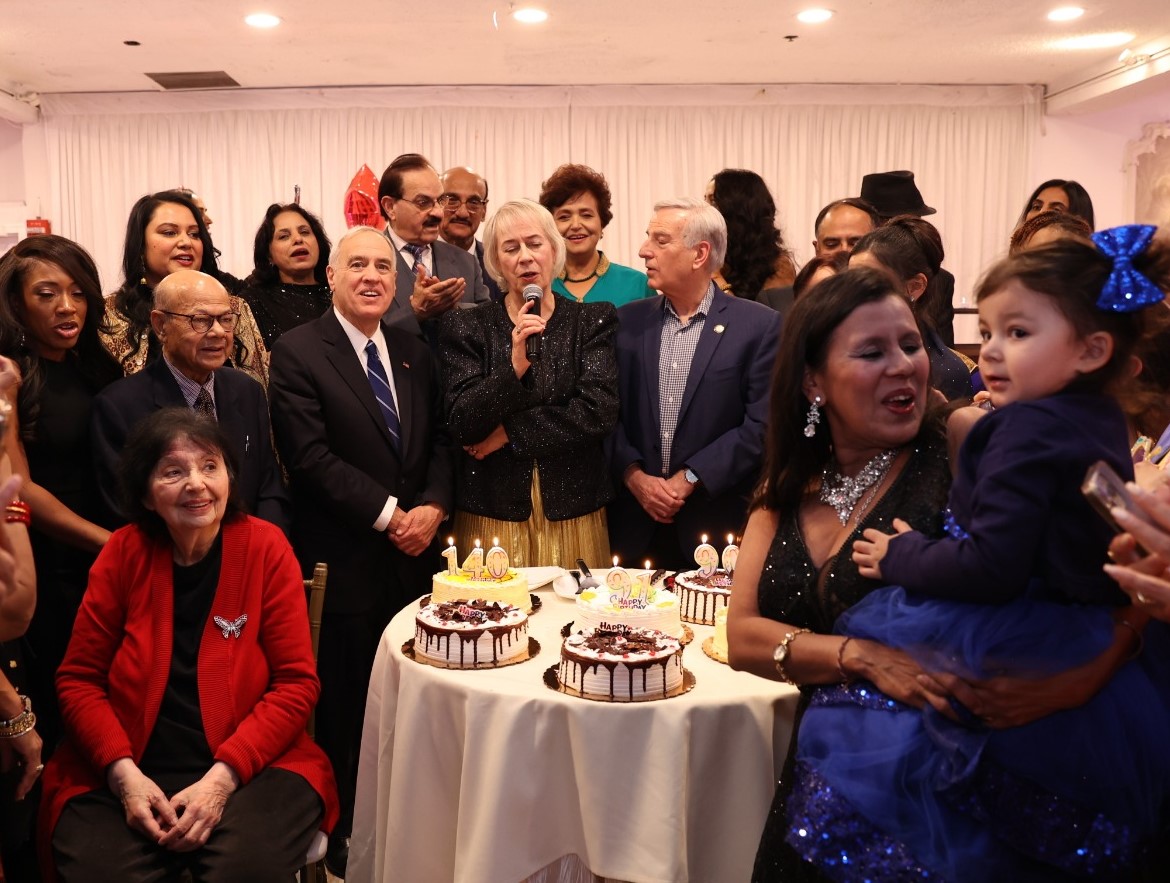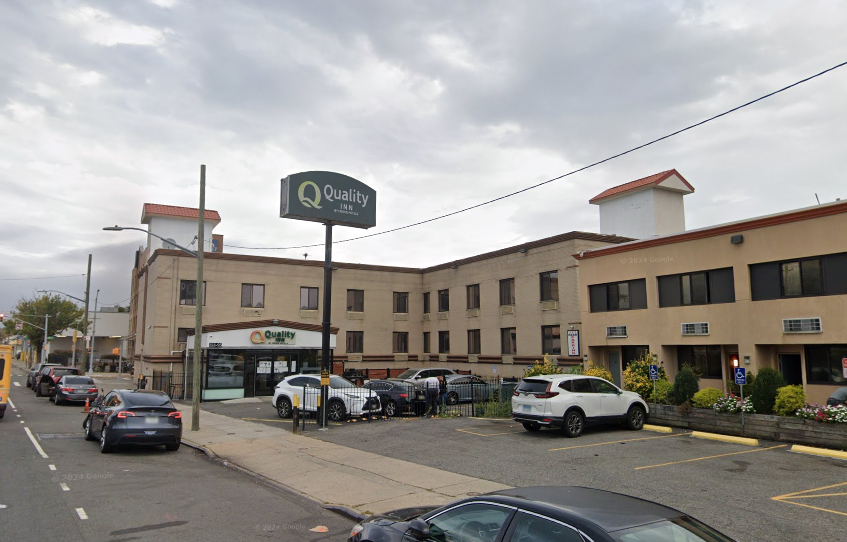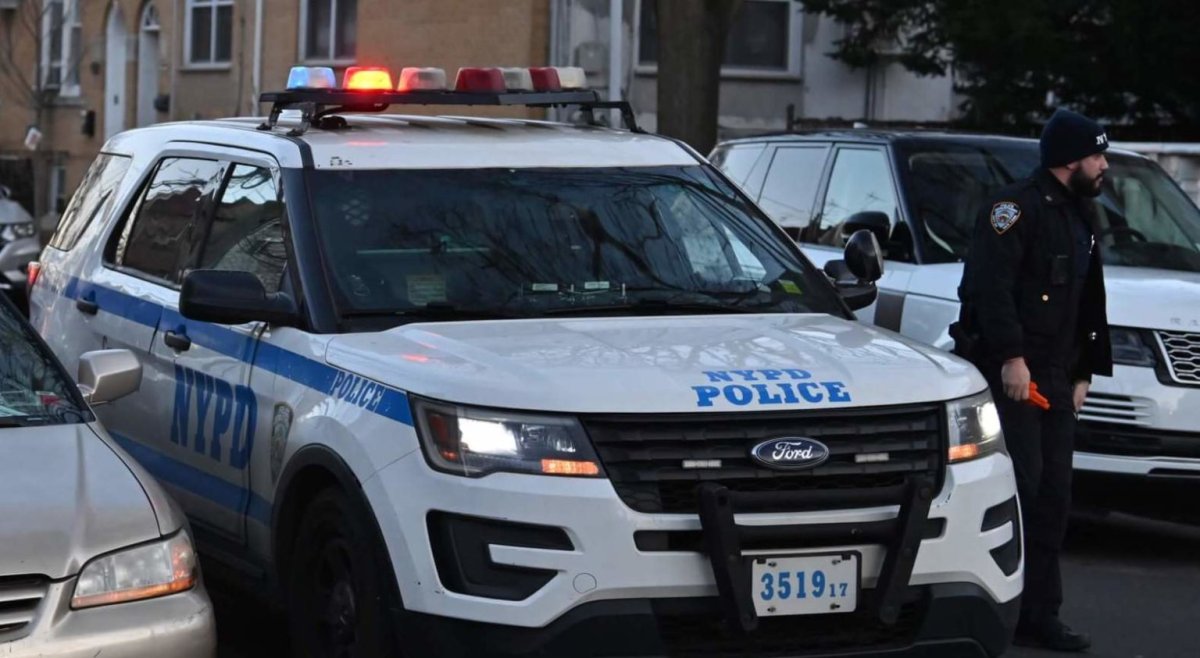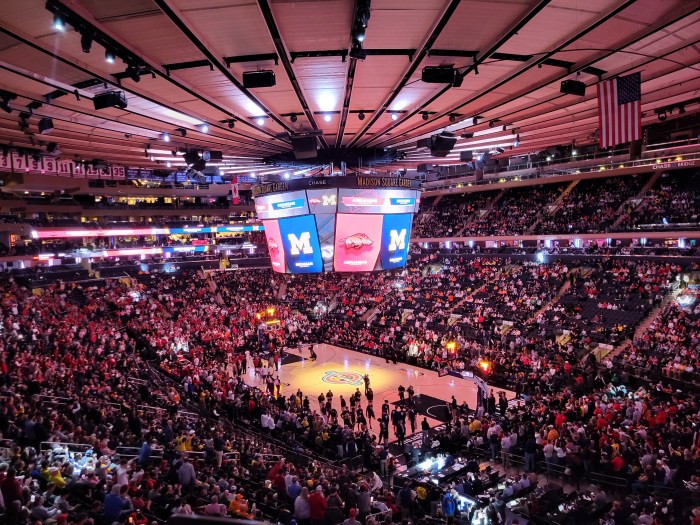So far, the race for Manhattan borough president hasn’t seen much to get excited about. The dozen or so Democratic candidates — as everyone knows, there’s no way a Republican will win this seat — have so far been defined by what geographic area they represent and their ethnicity. Many of the candidates like to talk about the city’s bread and butter issues – read affordable housing – but the winning candidate will have little say on that.
Borough presidents had lots of power when they sat on the Board of Estimate, but that ended after 1989 when the U.S. Supreme Court struck it down. Now, the power to appoint all community board members in their borough is one of the few they have left. With that in mind, Scott Stringer, an Upper West Side assemblymember who is running for Manhattan B.P., has just issued a 20-page report on Manhattan’s community boards.
Community boards are critical as forums for community issues and as an important advisory body on issues from zoning, landmarking and traffic to sidewalk cafes. Yet, the boards have some serious flaws, some of which have come to light under the tenure of the current borough president, Virginia Fields.
Stringer has highlighted some of the pressing problems facing these volunteer boards, one of the most important being the laxity of enforcement of conflict of interest regulations. His report cites as a primary example the situation at Greenwich Village’s Community Board 2, where Bob Rinaolo, a bar owner, was allowed to chair the board’s business committee, which gives recommendations on liquor license applications, despite a ruling that this posed a conflict by the city’s Conflicts of Interest Board. After much delay, Rinaolo finally did step down as committee chairperson, but for the months that this dragged on, the community, and most of the board, were kept in the dark. Stringer would require full disclosure by board chairpersons and committee chairpersons on possible conflicts.
To identify and help avoid conflicts, we also believe that board and committee chairpersons should have to disclose their business and organizational affiliations.
Stringer’s report highlights other troublesome areas, such as board vacancies being allowed to exist too long — sometimes impacting board elections — and, generally, the highly political nature of board appointments and removals. Fields’ removal of Madelyn Wils, the effective leader and chairperson of Community Board, falls into that category.
Stringer says, if elected, he won’t make ad hoc removals of board members. He would not make appointments within 90 days of board elections, which should end occasions when boards are packed to help get someone elected chairperson. Stringer would set up a committee to advise him on appointments. He would have community board staff performance reviewed by his advisory committee. We think the idea of staff review would be healthy for the boards.
Stringer’s report unearths useful information, such as the fact that Community Board 12 (Washington Heights/ Inwood) gets the least amount of funding while serving the largest population, while Board 8 (Upper East Side) receives $100,000 more in its allocations from the city. Similarly, Board 2 represents fewer people than Board 3, yet Board 2 gets more money from the city.
By issuing his report on the boards, Stringer has begun a fertile debate on an important subject, and we hope his opponents join him in the discussion.
WWW Downtown Express


































